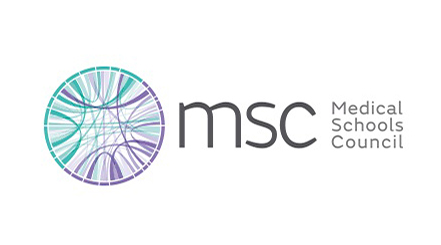New guidance published to support medical school applicants with disabilities
26.04.22
The Medical Schools Council (MSC) has published new guidance on supporting applicants with disabilities. Two resources have been released, the first focuses on how medical schools can encourage and support those with disabilities through the application process while the second offers guidance to disabled applicants by sharing measures they can take to ensure they receive the support they need from medical schools. Both frameworks complement the General Medical Council’s (GMC) Welcomed and valued guidance, which supports disabled students and doctors throughout their medical education and training. The MSC guides use the principles from Welcomed and valued and apply them to selection.
The guidance for medical schools lays out key principles for considering disability in the selection process, underlining that decisions on disability must be separate from the overall selection process. Any impact a disability may or not may not have on an applicant’s ability to study medicine is only considered after an offer has been made. Therefore a key responsibility for medical schools is to ensure their environments are inclusive and do not discourage disabled applicants from applying. As highlighted in both resources, students must feel safe to disclose their disability while validating the potential need for reasonable adjustments. This is supported by a recent study examining the association of declared disability with academic performance in medicine, using data from the UK Medical Education Database (UKMED). The research found that declaring a disability does not make it any less likely that a student will graduate as a doctor.
On the release of these new guidance, Dr Paul Garrud, Chair of the MSC Selection Alliance said:
“Medical schools have a duty to normalise disability, as well as all differences. We want students to feel comfortable declaring their disability, having a full understanding of the support provided during and after medical school.
“Medical students and doctors with disabilities face more barriers and challenges than most as they move through their training, working in a system that does not always accommodate their specific needs. It is therefore crucial that medical schools do what they can to make those students feel safe and understand the value of receiving support and reasonable adjustments.”
Read the two guides:
- Supporting and encouraging applicants with a disability
- A guide for prospective medical school applicants with disabilities or long-term health conditions
-ENDS-
Notes to editors:
1.The Medical Schools Council is the representative body for UK medical schools. The council is composed of the heads of UK medical schools and meets in order to shape the future of medical education in the UK. 2.For more information on the Medical Schools Council, visit medschools.ac.uk.
3.For more information on this press release, please contact Flora Meadmore, Projects and Communications Officer, on 02074195427 or email press@medschools.ac.uk

